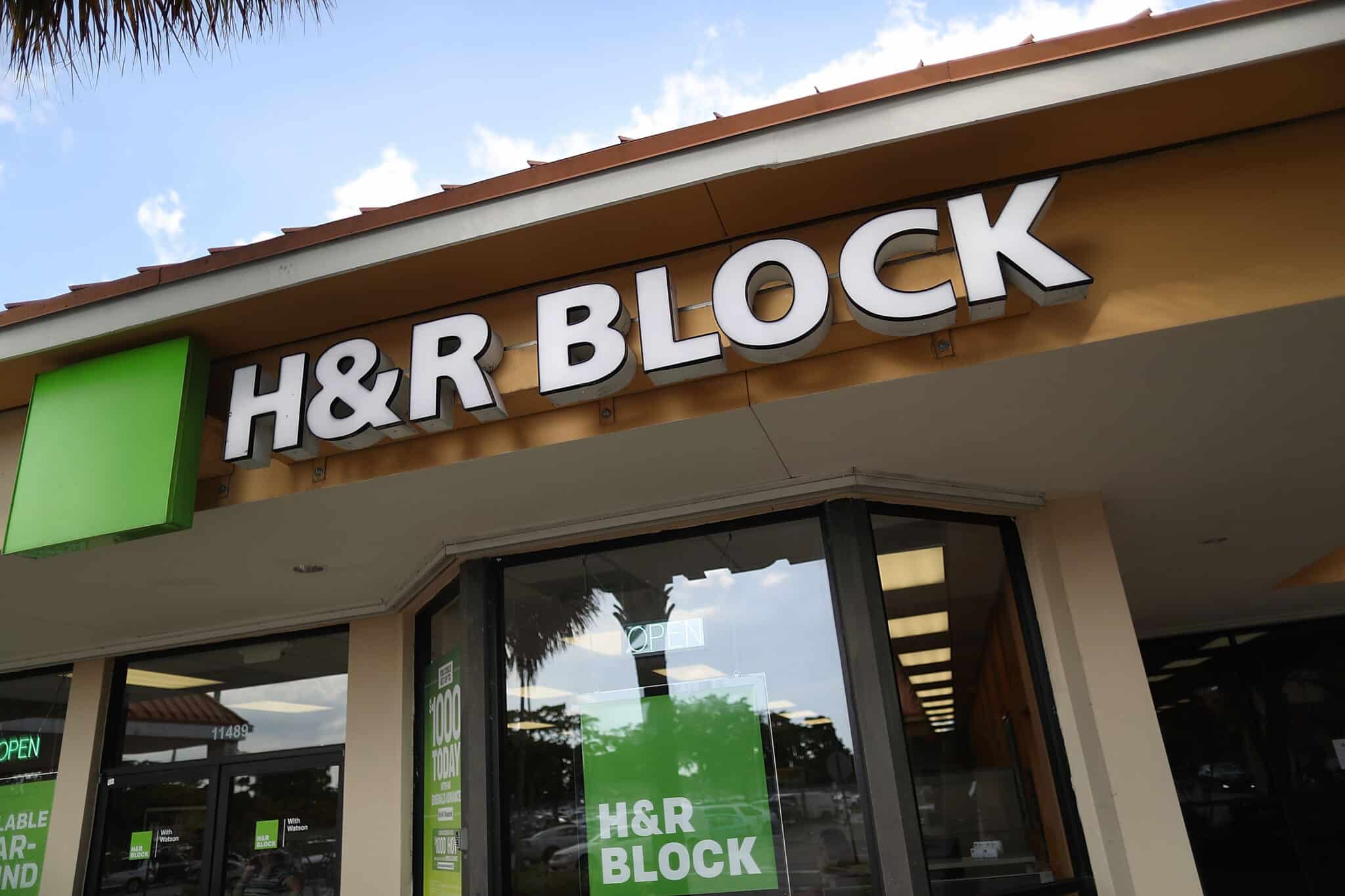If it seems like you’re not getting a tax refund like you used to, you’re not alone.
The share of taxpayers who get money back at tax time is slowly and, a little mysteriously, shrinking. At the same time, the number of people having to cut a check to the government has been rising.
The number of refunds so far this year is down by 3.3 percent, according to the latest IRS statistics that came out before Monday’s filing deadline. It was down last year too, and the year before that.
While no one is exactly sure why, some point to changes in the way people work. Others suspect it has to do with the way the government calculates how much in tax should be withheld from people’s paychecks. And the reversal of fortune could have consequences for how and whether people comply with tax laws.
“We want to make sure that people are, in fact, filing,” said Bob Kerr, a former longtime IRS official, now a Washington-based tax practitioner. “And there are a whole bunch of people who do it because it pays to do it.”
“I think this is really going to be a problem.”
Before the pandemic, about three-quarters of filers typically got refunds. Now about 65 percent do. The IRS distributed fewer refunds last year — 105 million — than it did in 2010, despite collecting 20 million more returns.
Read the full story here.

















